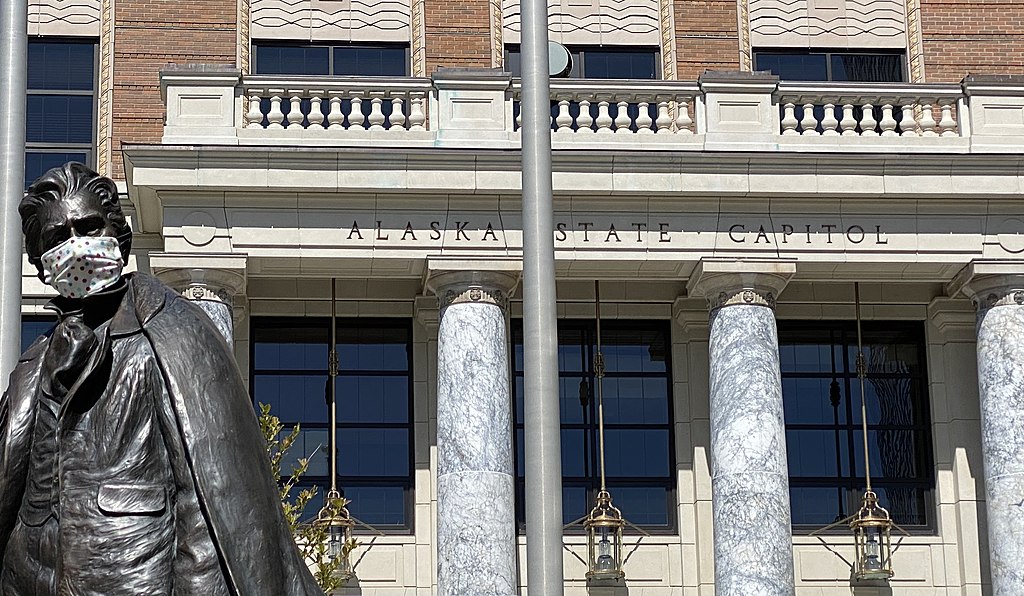‘Adaptive Leadership’ Led to Successful COVID-19 Response in Alaskan Capital

Early action, effective communication and collaboration between emergency response and healthcare providers enabled Juneau’s successful pandemic response, study finds
To date, Juneau, Alaska has the highest vaccination rates, among the lowest coronavirus cases, and among the fewest deaths among other boroughs (counties) in Alaska. Now, a research team that studied Juneau’s early response to the pandemic has identified a number of factors that helped the Alaskan capital mitigate COVID-19’s impact on residents.
In a new study, the team found that local lawmakers’ creation of an administrative system that facilitated making evidence-based decisions and implementing them stood out as a particularly successful example of adaptive leadership within a complex system. Additionally, regular communications by the mayor and city manager ensured that the population supported leadership action. Finally, emergent new collaborative structures with community stakeholders, particularly the local Indigenous Alaskan community, brought additional resources to the effort, while local ownership of key assets—the airport, hospital, convention center, dock and harbors—made it easier for city and borough officials to act quickly and efficiently.
The paper, “Juneau, Alaska’s Successful Response to COVID-19: A case study of adaptive leadership in a complex system,” was published in State and Local Government Review. The study was led by University of Alaska Southeast researcher Jim Powell, alongside faculty from George Washington University, University of Alaska Fairbanks, and Northern Arizona University. The National Science Foundation supported the research through a Rapid Response Research (RAPID) grant.